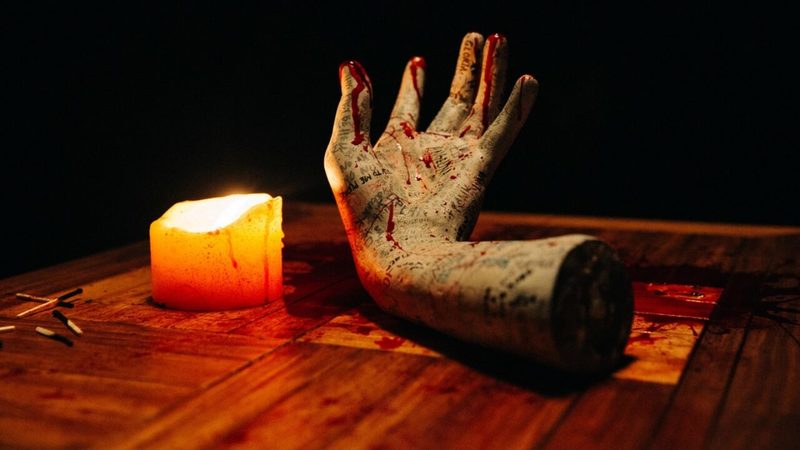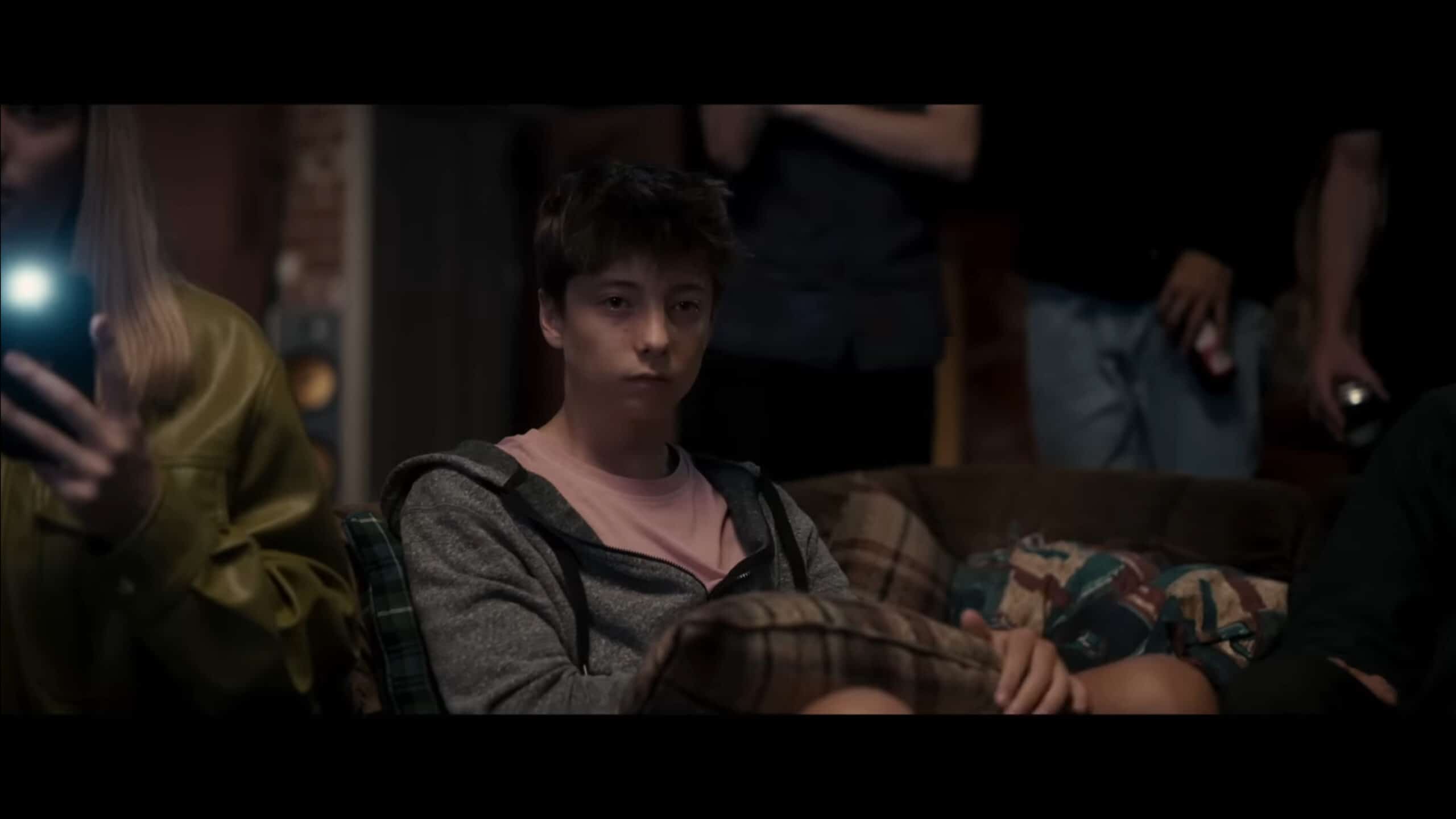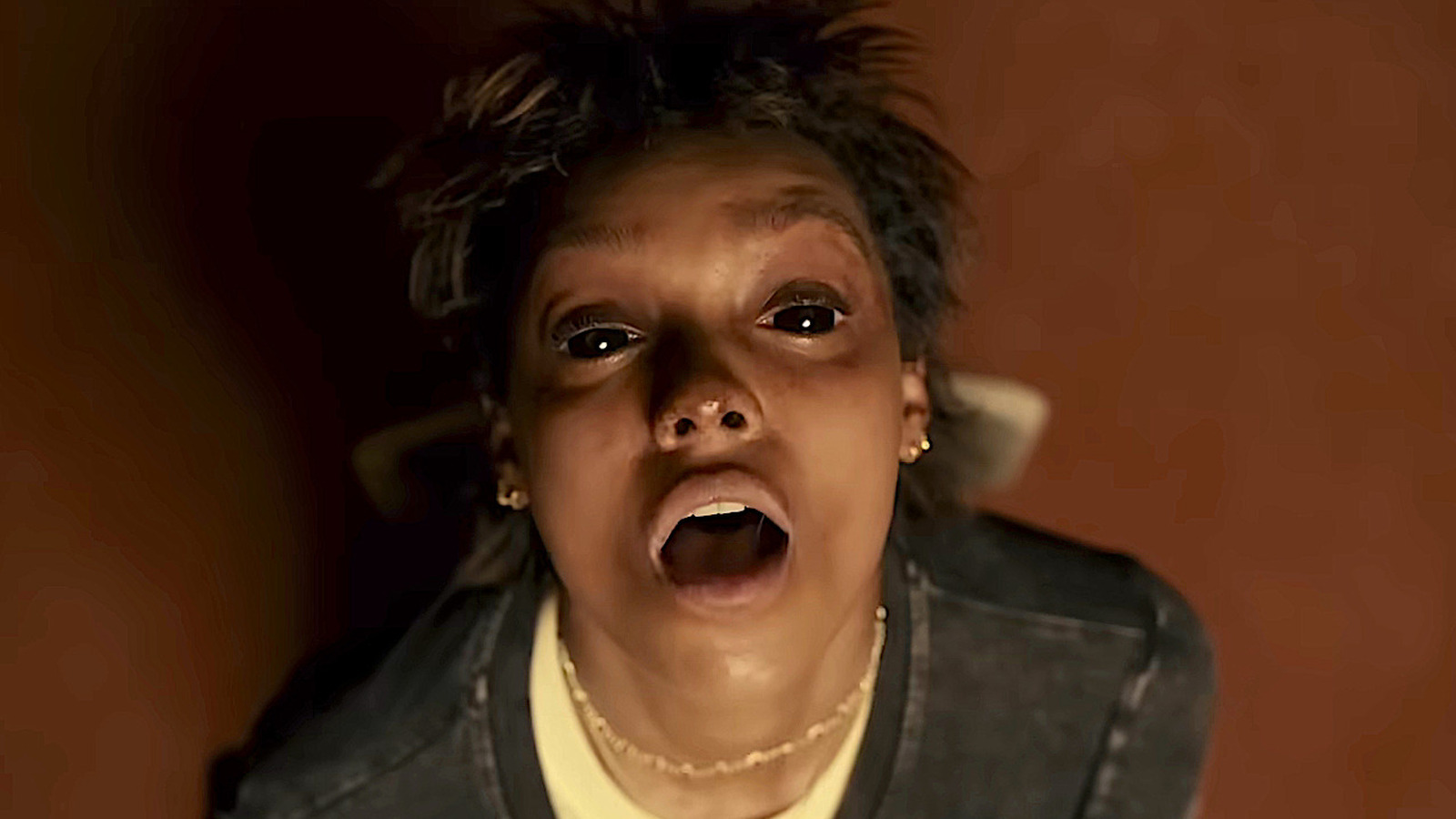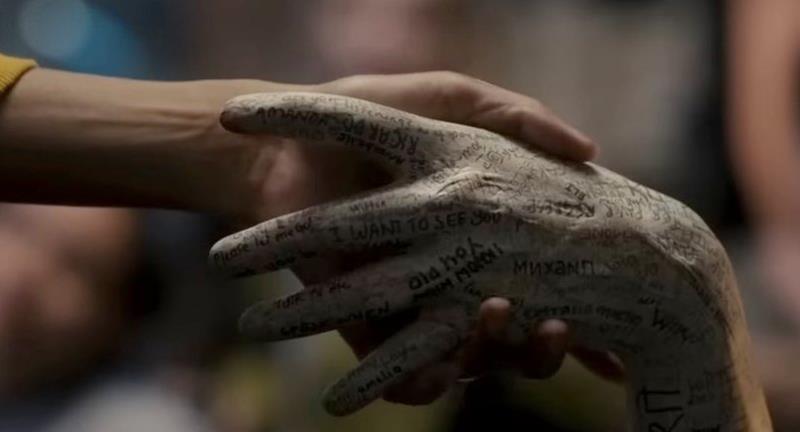Talk to Me:
a squicky new concept that needs some work

Spoiler-Free:
Talk to Me struck up a lot of buzz when it was first released, which was somewhat deserved. Although the seance/haunting/possession concept is one of the oldest of hats in horror, the introduction of Talk to Me's Hand and its very specific methodology is, indeed, novel. The Hand itself is creatively designed and is likely to become a well-known prop, especially if the studio continues with likely sequels and/or prequels.
It may appear at first glance a testament to the horror genre's limited scope that something as simple as The Hand would be enough to launch a new universe and fresh excitement among devotees, but I would argue that simple is not the same as uninteresting. Horror has always occupied itself within the narrow framework of monsters, murderers, and ghosts. But such is the stuff of nightmares. It has always been rooted in our archetypal fears, and there are only so many things that make humans, universally, freeze in our footsteps with fear - without making us want to simultaneously fight (action), puzzle (mystery), ponder (sci fi), or adventure (adventure).
As a film, Talk to Me is not exactly pleasant to watch - to a fault. While all of the roles were acted skillfully, the entire cast of characters (save for Joe Bird's Riley) is unlikable in one way or another. While the recently-released Saltburn chooses to be unpleasant to watch at times, it balances that with moments that are enjoyable to watch. When a film goes from unpleasant character to unpleasant event to unpleasant character ad nauseam, there is little making me want to re-watch it. Ubiquitous unlikability doesn't foster empathy with a film's characters - which is the driving force behind good horror - and when combined with disturbing visuals and an unpleasant atmosphere, there is little encouraging audiences to keep spending time in this world.

Spoiler-Full:
There were occasional shocking moments throughout the film, if the major beats felt generally well-worn - and if the twist of Mia (Sophie Wilde) being manipulated by one of the ghosts (I suppose we should call them) into killing her father was visible from miles away. Yet I did find myself sympathizing with Mia, even if she did spend the entire film flirting with her best friend's boyfriend and making consistently bad decisions.
Where Talk to Me struggles most, however, is in the coherence of its mythology. Setting aside my nagging, unimportant, questions about the necessity of the candle tacked onto the ritual, the ghosts seem very eager to enter human hosts, yet while in them they attempt nothing more than gross sexual acts or the murder of their hosts. The ghosts do seem to be manipulating Mia throughout the film - likely to get her to continue interacting with The Hand - but again, to what aim? They want her to kill Riley (for some reason), thinking she is freeing him from torment, and they want her to kill her father (for some reason). This all serves to progress the plot, certainly, but does it serve any logical purpose as far as the mythology they have laid out?
Why doesn't Riley's body kick the ghost(s) out? Why don't they get weaker the longer they are in him? Is the teens' intel simply bad? Do the filmmakers know? If after 90 seconds the ghosts "want to stay," why would they attempt to kill their hosts? If Mia dying while they were (probably) in her, making her "theirs forever," why does being theirs mean being generally isolated, thrust into the same position as thousands of other ghosts waiting their turn on the One Special Hand?

The ghosts we see throughout the film came across as generally collected, knowing exactly what they want, so why is Mia terrified and confused to be interacting with the next Hand Holder? She certainly didn't seem interested in being "let into" a drunk teenager when her turn came. And why was she still emotionally herself, with no thought to hurt or manipulate or control? Perhaps the filmmakers can answer these questions, and I hope either they do so clearly or course-correct.
Excellent horror films don't come around with great frequency, but the same can be said for most genres of film. That being said, despite its flaws, Talk to Me is one of the better examples of this past year. I would be interested in knowing the official origin story of the hand, and I will allow myself hope (however little), that such a prequel could avoid falling into the typical horror prequel trap of unremarkable blasé-dom. Since The Hand seems to be quite old, the filmmakers should take note from Robert Eggers' The Witch and give us something with an immersive atmosphere and universe. And if they can succeed in filling in all of Talk to Me's logical gaps and creating future films with less dog-kissing and more frights and unpredictable manipulation, I will happily pay money to see them.


